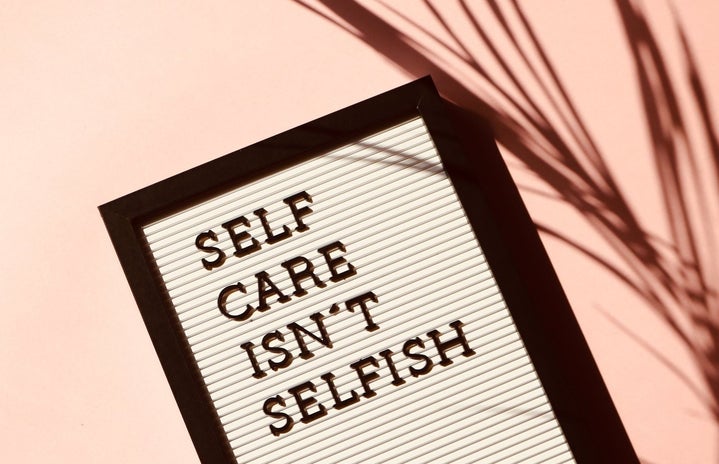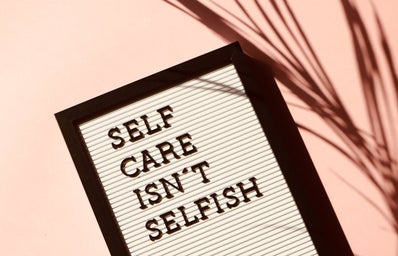What is Self Improvement Month?
September is the official Self-Improvement Month because it marks the end of one era (summer) and the start of a new one (fall). Self-Improvement Month is a time to reflect on all you’ve accomplished this year before identifying which goals you still need to work toward.
The intention of September’s Self-Improvement Month is not just about setting and meeting your New Year’s resolutions before the year is over. Rather, it’s about using this time to reassess and adjust your goals so they align with your current values and priorities, which may have changed since January. By taking into account the lessons learned during the past nine months, you can apply your new perspectives and expectations and begin again with a “fresh start” mentality (even if your goal is exactly the same).
According to Indeed.com, these are the 5 areas of personal growth:
- Mental growth- Mental growth focuses on the development of your mind, such as the way you think and learn. It also relates to how your cognitive functions affect your behavior.
- Social Growth- Social growth involves improving your communication skills. Social Growth focuses on increased positive social experiences, expansion of social circles, elevating self-confidence and improving self-esteem through fun leisure programming in the community.
- Spiritual Growth- Spiritual growth refers to connecting with yourself on a holistic level, developing as a person and finding inner peace. People experience spiritual growth in various ways depending on their culture, beliefs and experiences. Some prefer a structured approach to spiritual growth, such as practicing a religion or meditating regularly, while others work on improving their spiritual health as they feel they need it.
- Emotional Growth- Emotional growth focuses on the development and management of your feelings and how you react to situations. While challenges such as stress and anxiety can contribute to burnout, emotional growth can help you overcome those challenges. This can assist you in expressing your emotions effectively and discussing your opinions with patience and open-mindedness.
- Physical Growth- Physical growth involves taking care of your body and using it in productive ways. Your physical condition affects all other areas of personal growth and development, as a healthy body facilitates effective brain functioning. You can focus on physical growth by eating nutritious meals, exercising regularly and getting adequate sleep.



